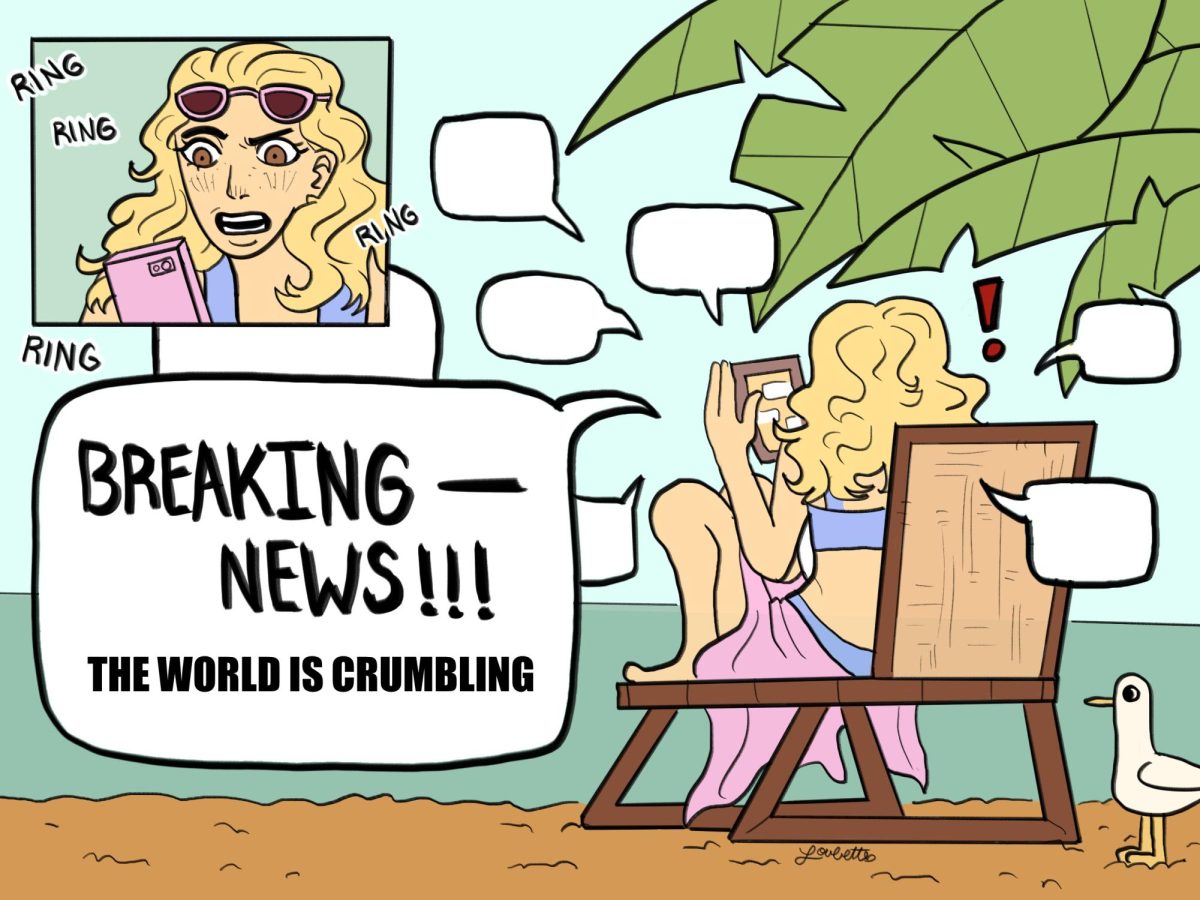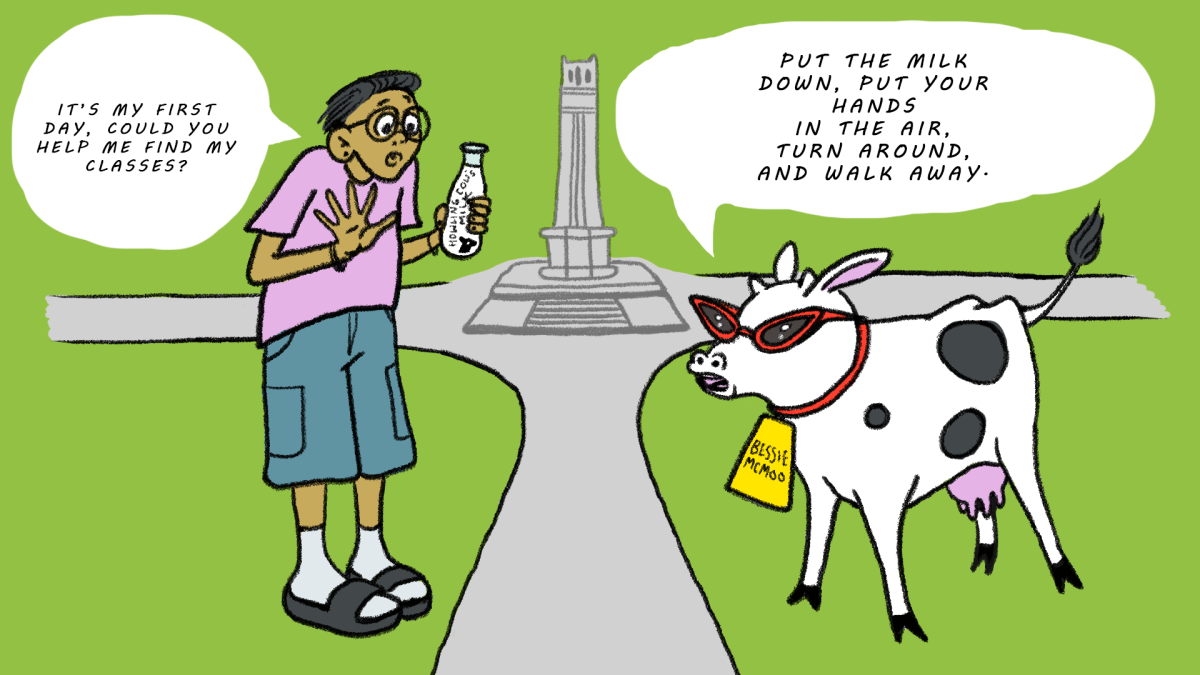Do you think you’re a “girl’s girl”? Do you talk behind people’s backs? Do you only hang out with men? Are you bad at communication? Do you lie to your friends to spare their feelings? If so, TikTok thinks you may not be.
The dialect of teenagers has varied greatly over time; the slang we use now is vastly different from that of our grandparents and even our parents before us. Today, I’m not here to lecture you on the effects of TikTok brain rot. But I am here to focus on a term that has been around for a while, although the meaning isn’t quite the same.
I’m sure most of you have seen or heard the term “girl’s girl.” For example, take a look at 1950s periodicals such as the Ladies Home Journal. Shirley Jackson wrote “Out of the Mouths of Babes,” a short nonfiction essay about the role of being a mother. This journal created a sense of solidarity among women decades ago. The notion of girls supporting girls is not new, but the term has taken on a new form and a new definition.`
In my mind, at the core of it, being a girl’s girl means that you offer encouragement and support for other women. The term originated because of the fact that most women face similar systemic inequalities in society. We are often undervalued, overlooked and treated poorly by others on the basis of gender.
The idea is to form an unsaid pact of sorts, in which women use the bond they have through shared experience in order to be the person someone else can fall back on that so many of us lack. It is a way to protect and assist when you feel like nobody has your back, almost like a default ally.
Being a girl’s girl comes in handy in stressful situations, especially ones where women are being taken advantage of by others.
To be a girl’s girl is to step in, not because you know or like the person, but because they need you. For example, situations where you spot a visibly very uncomfortable woman in a public space, and you pretend that you know who she is just so she can exit a potentially dangerous situation.
Still, the phrase has taken a turn for the worse. Social media platforms in recent years, specifically TikTok, have opened up a space where anybody can post anything. As a result, trends have been going around where people are using the same “You aren’t a girl’s girl if …” format. However, the words following are any range of pet peeves or critiques that are completely unrelated to the central essence of the term.
Girl’s girl and girl code have started becoming more of an issue surrounding how women act around men rather than how they act toward each other. You can be accused of not being a girl’s girl over almost any act you commit nowadays.
The “Barbie” movie from summer 2023 was definitely a step in the right direction for getting back to the source of what it means to be a girl’s girl. The movie is vastly different from anything that came out previously, such as “Mean Girls,” which was such a big hit in 2004 and is still frequently referenced today.
Don’t get me wrong, I do love “Mean Girls.” But “Barbie” portrays the bond between women in a far more positive light than the early 2000s flick. All the pink and silly humor aside, I think the movie is actually crucial in acting as a new step towards finding the meaning of girl’s girl again. It shows the unwavering support and unity that is so characteristic of the term.
All in all, even if the terms are silly or feel like complete nonsense, the ethics behind them are actually very vital in allowing for the foundation of a stronger defense against degrading patriarchal values within society.
I think it is important not to stray so far from the original root of the term. When the lines get muddied, the true principle of the phrase is lost. The most necessary bit of why the term was even created gets misplaced, and the value is gone.
To be a girl’s girl is to have other girls’ backs when it is truly needed; it isn’t an excuse to bash others under unrelated pretenses.








